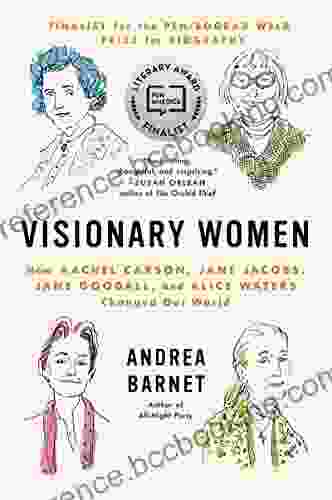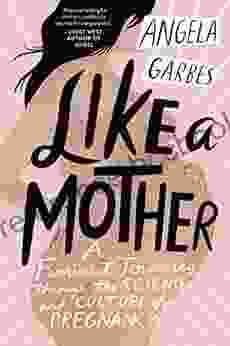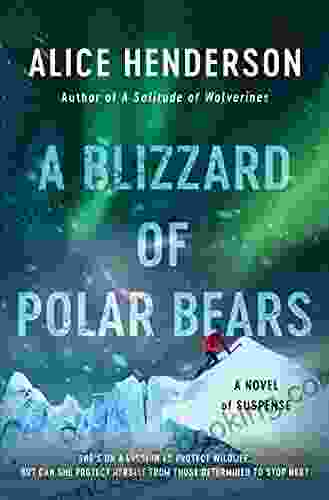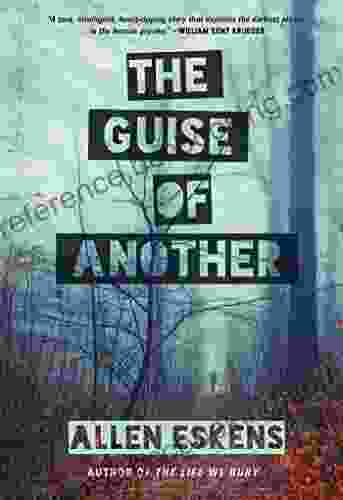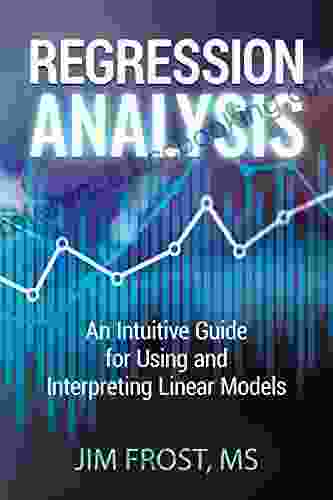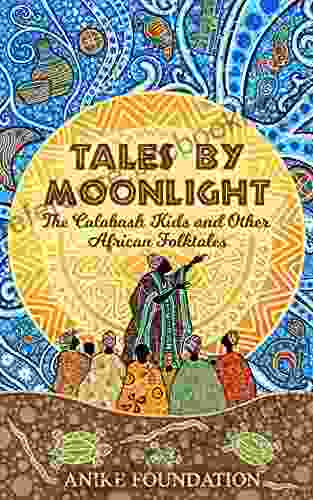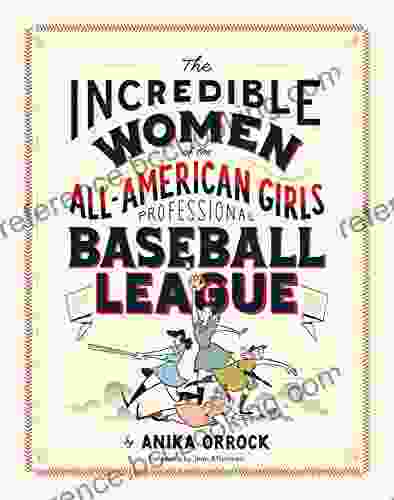In the annals of history, there are countless examples of women who have made significant contributions to shaping our world. In the realm of science, environmentalism, urban planning, and sustainable food systems, four women stand out as pioneers who revolutionized our thinking and inspired generations of changemakers.
These four extraordinary women—Rachel Carson, Jane Jacobs, Jane Goodall, and Alice Waters—were visionary thinkers who challenged prevailing norms, defied expectations, and left an enduring legacy on our planet and society.
4.7 out of 5
| Language | : | English |
| File size | : | 12171 KB |
| Text-to-Speech | : | Enabled |
| Screen Reader | : | Supported |
| Enhanced typesetting | : | Enabled |
| X-Ray | : | Enabled |
| Word Wise | : | Enabled |
| Print length | : | 487 pages |
Rachel Carson: The Voice of the Silent Spring
Rachel Carson was a marine biologist and author whose groundbreaking book, "Silent Spring," ignited a global environmental movement and raised awareness about the dangers of pesticides.
Born in 1907 to a farming family in Pennsylvania, Carson developed a lifelong love of nature and the outdoors. After earning a master's degree in zoology, she began her career as a marine biologist with the U.S. Fish and Wildlife Service.
Carson's research on the effects of pesticides, particularly DDT, on wildlife led her to write "Silent Spring," which was published in 1962. The book exposed the widespread use of pesticides and their devastating impact on the environment, including the decimation of bird populations.
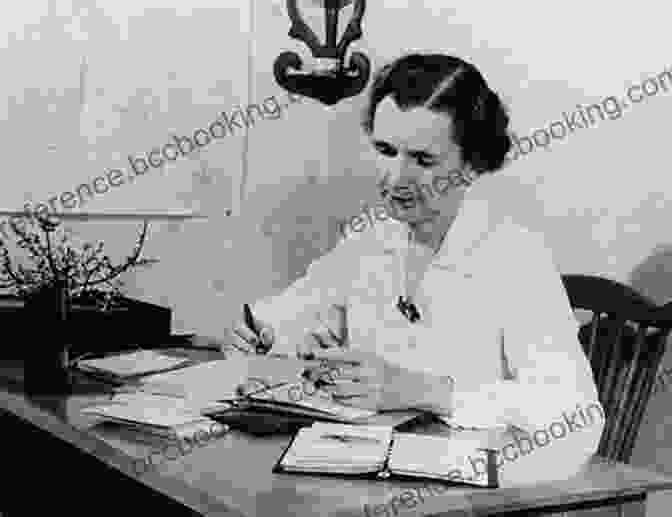
"Silent Spring" became an instant bestseller and sparked a public outcry that led to the banning of DDT and other harmful pesticides. Carson's work is widely credited with raising awareness about environmental issues and inspiring the modern environmental movement.
Jane Jacobs: The Mother of Modern Urban Planning
Jane Jacobs was an urban planner and author whose influential book, "The Death and Life of Great American Cities," revolutionized the way we think about urban design and community development.
Born in 1916 in Scranton, Pennsylvania, Jacobs moved to New York City in the 1950s and became a keen observer of urban life. She challenged the prevailing modernist planning theories that favored large-scale urban renewal projects and instead advocated for a more human-centered approach.
Jacobs' book, published in 1961, argued that vibrant and healthy cities are characterized by mixed-use neighborhoods, short blocks, and a diversity of activities. Her ideas influenced planners around the world and sparked a renewed appreciation for traditional urban form.
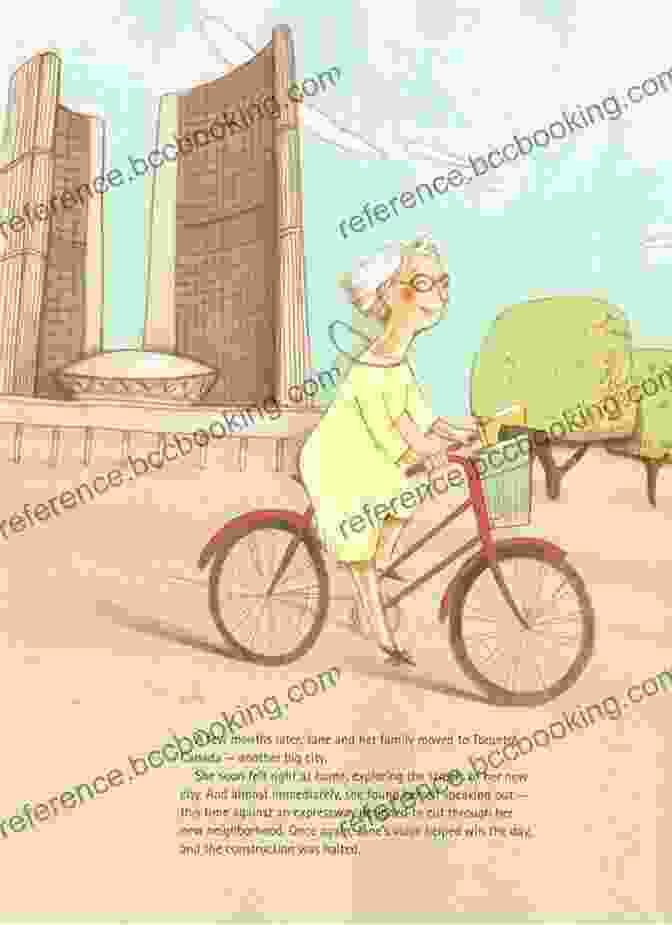
Jacobs' legacy extends beyond her writings. She was a vocal advocate for urban renewal and preservation projects in New York City and helped to shape the city's urban fabric through her work with community groups.
Jane Goodall: The Chimpanzee Whisperer
Jane Goodall is a primatologist and ethologist who transformed our understanding of chimpanzees and their behavior.
Born in 1934 in London, Goodall traveled to Tanzania in 1960 to study chimpanzees under the guidance of renowned anthropologist Louis Leakey. Despite lacking formal training, Goodall's pioneering research methods, including close observation and habituation, provided unprecedented insights into the social structure, behavior, and intelligence of chimpanzees.
Goodall's work challenged the prevailing notion that chimpanzees were aggressive and violent creatures. Instead, she discovered that they were highly social and intelligent animals with complex emotions and family structures.
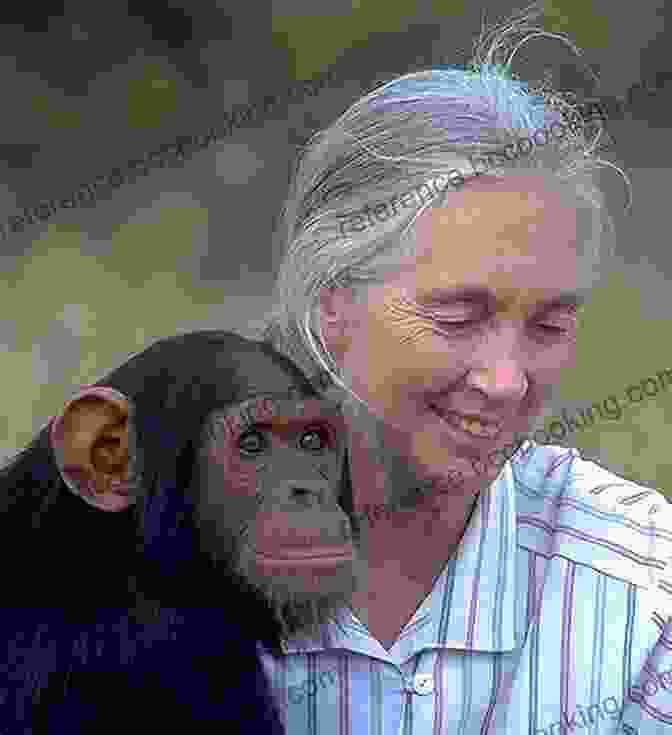
Goodall's research not only expanded our knowledge about chimpanzees but also raised awareness about the importance of animal welfare and conservation. She founded the Jane Goodall Institute in 1977 and continues to advocate for the protection of chimpanzees and their habitats.
Alice Waters: The Pioneer of Sustainable Food Systems
Alice Waters is a chef, author, and food activist who has played a pivotal role in the development of sustainable food systems.
Born in 1944 in Chatham, New Jersey, Waters moved to Berkeley, California, in the 1970s and founded Chez Panisse, a restaurant that championed local, organic, and seasonal ingredients.
Waters' approach to cooking emphasized the importance of fresh, locally sourced ingredients and showcased the flavors of California cuisine. She established a network of farmers and suppliers to ensure that Chez Panisse had access to the freshest and highest quality ingredients.
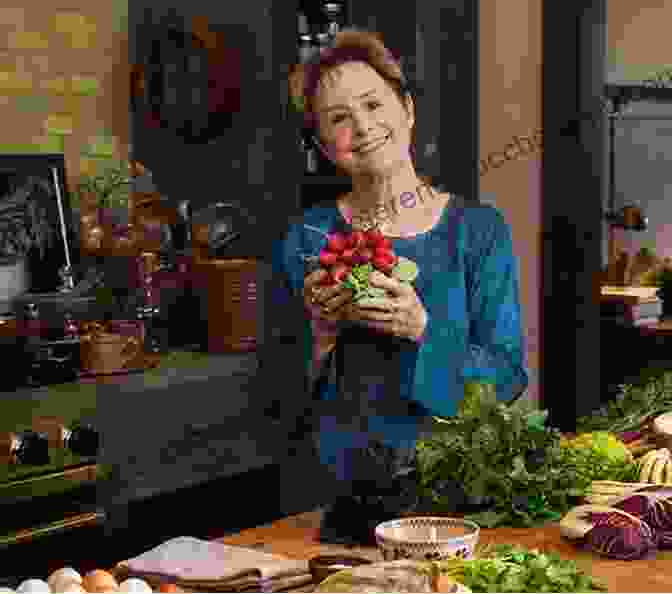
Waters' work inspired a new generation of chefs and farmers and sparked a growing interest in sustainable food systems. She founded the Edible Schoolyard Project in 1995 to promote food education in schools and empower young people to make healthy and sustainable food choices.
The stories of Rachel Carson, Jane Jacobs, Jane Goodall, and Alice Waters are inspiring examples of women who defied societal expectations and made a profound impact on the world. Their pioneering work transformed our understanding of the environment, urban design, animal welfare, and food systems.
These visionary women continue to inspire us to embrace innovation, challenge the status quo, and work towards a more sustainable and equitable future.



